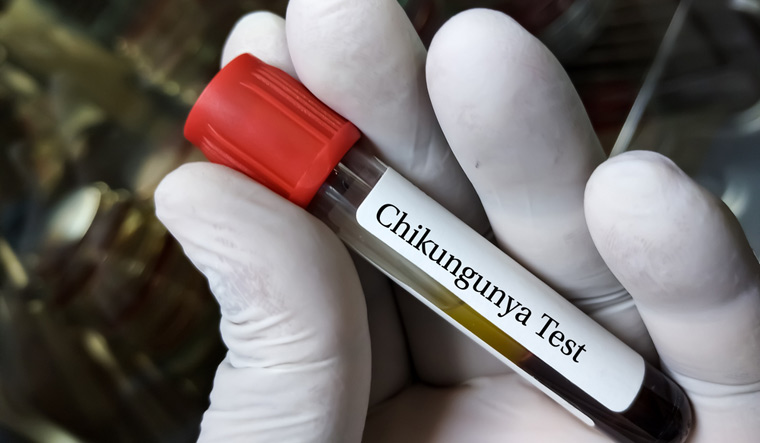Recombia Biosciences announces the launch of operations in Brisbane, California. The company aims to harness its proprietary genome editing technologies to accelerate the development of yeast for sustainable production of fermented ingredients. For the next few years Recombia and Lesaffre will be joining forces in the area of yeast strain development.
With its partnership with Recombia, Lesaffre is investing in major pioneering technology. The ability to generate thousands of yeast strains in parallel, combined with laboratory automation, is expected to exponentially accelerate development of projects in the areas of health, the environment, and energy. The partnership also signifies Lesaffre's entry into the world of Synthetic Biology, considered to be the major biotechnological opportunity of this decade.
"This kind of partnership exemplifies an innovative way that industry can support and foster progress in Biotechnology. Through collaboration with scientists and entrepreneurs, we will be able to find new solutions, which will be beneficial for the future, especially in health or in environment protection," says Antoine Baule, Chief Executive Officer of Lesaffre.
Recombia Biosciences was founded by three Stanford University researchers in 2019 as a spin-off from the prestigious Stanford Genome Technology Center (SGTC). Recombia's technologies are based upon techniques that increase the efficiency of genome editing and enable engineering of yeast at very high throughput. The strategic collaboration with Lesaffre aims to advance Recombia's proprietary gene editing technologies to identify new yeast strains, discover novel yeast physiology of industrial relevance and optimize the production of biosourced ingredients and biofuels.
"We are excited to be working with Lesaffre on moving our gene editing programs forward," says Dr Justin Smith, CEO of Recombia. "We see tremendous potential to leverage our expertise in genome editing and synthetic biology to develop new and innovative fermentation solutions and products."
Recombia is exclusively licensing four genome engineering technologies from Stanford University for their work.
"While precision genome editing has certainly advanced recently, there are still challenges, especially in making many genetic changes in parallel," said Dr Bob St.Onge, COO and co-founder of Recombia Biosciences. "Recombia's technologies enable industrial yeast strain engineering by dramatically increasing the efficiency of high-throughput genome editing."
St.Onge and Smith co-founded the company with Professor Lars Steinmetz. The team has had a long working relationship at the SGTC.
"I am very excited to see the technologies we developed in academia applied in the industrial sector," said Steinmetz. "The Genome Technology Centre has a long history of genomics technology development. I'm confident Recombia will continue in the tradition of the other successful companies that have spun out of the SGTC."
As a global key player in the field of fermentation, Lesaffre is committed to continuing its investments in research and development to contribute to a safer, healthier and more natural world by developing the potential of micro-organisms, such as yeasts or beneficial bacteria.

 This partnership also signifies Lesaffre's entry into the world of Synthetic Biology, considered to be the major biotechnological opportunity of this decade
This partnership also signifies Lesaffre's entry into the world of Synthetic Biology, considered to be the major biotechnological opportunity of this decade








.png)
.png)










.jpeg)

.jpeg)










.jpg)




.jpg)

